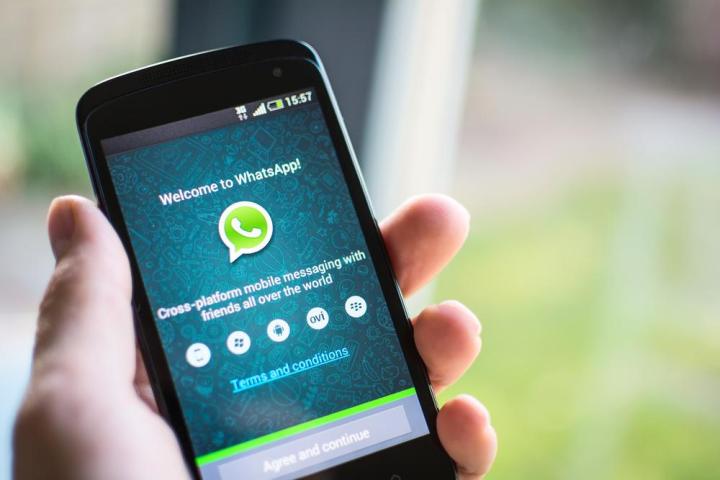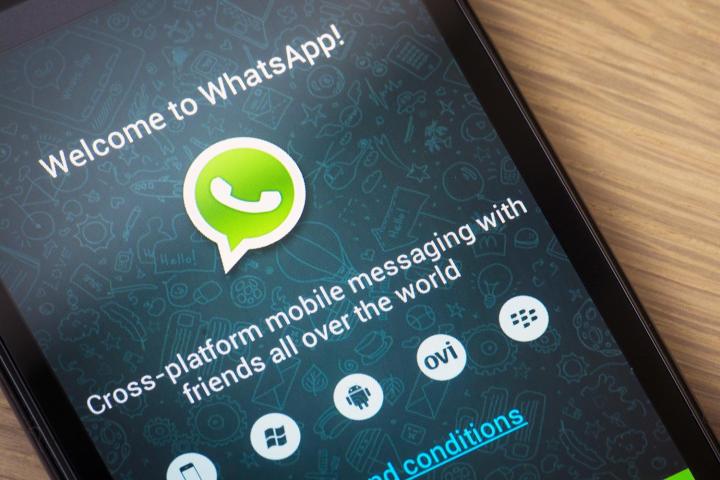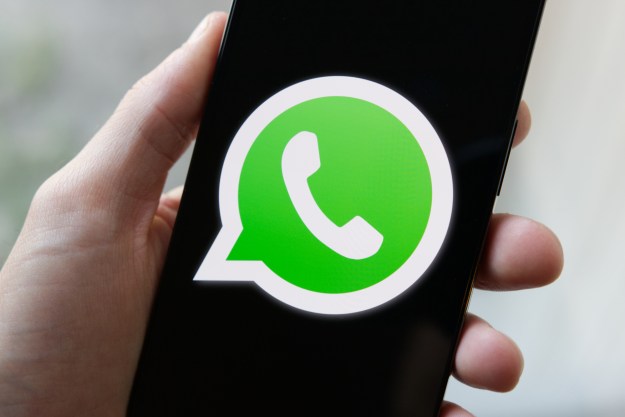
Security concerns were under the microscope in December 2016, when the social media giant was accused of misleading European regulators in advance of its $22 billion acquisition of the messaging app, while WhatsApp users were displeased to find that their information was being shared with Facebook. That relationship grew more complicated after a report from the Guardian in early January, which detailed the discovery in WhatsApp of “a security backdoor that can be used to allow Facebook and others to intercept and read encrypted messages.” But was that report accurate? A group of security researchers penned an open letter a week later asking the Guardian to retract its story, calling it “the equivalent of putting ‘VACCINES KILL PEOPLE’ in a blaring headline over a poorly contextualized piece.”
The crux of the debate: WhatsApp told users last April that it had implemented end-to-end encryption for all messages sent through its platform, but the Guardian’s report suggested that the app neglected to mention a caveat: Facebook can intercept your messages. And if
On Wednesday, six months after the controversial Guardian report, the news agency acknowledged flaws in its reporting, admitting that it was wrong to make such claims.
“The Guardian ought to have responded more effectively to the strong criticism the article generated from well-credentialed experts in the arcane field of developing and adapting end-to-end encryption for a large-scale messaging service,” wrote Paul Chadwick, the Guardian’s fourth readers’ editor (a quirky British title for a reader advocate).
The alleged backdoor was brought to light by Tobias Boelter, a cryptography and security researcher at the University of California, Berkeley. “If WhatsApp is asked by a government agency to disclose its messaging records, it can effectively grant access due to the change in keys,” he told the Guardian at the time.

The supposed backdoor, the Guardian had explained, had to do with WhatsApp’s encryption, which depends upon a generated set of unique security keys, using the Signal protocol. These keys are traded and verified between users to ensure that their messages are protected.
However, WhatsApp apparently could generate new encryption keys for offline users without the prior knowledge of either the sender or receiver, and then have the sender re-encrypt messages with new keys to resend them. This process would essentially let WhatsApp intercept and read messages.
Boelter’s findings were further verified by Steffen Tor Jensen, head of information security and digital countersurveillance at the European-Bahraini Organisation for Human Rights. He noted at the time that “WhatsApp can effectively continue flipping the security keys when devices are offline and resending the message, without letting users know of the change till after it has been made, providing an extremely insecure platform.”
Editors' Recommendations
- Meta’s ChatGPT killer is taking over your favorite apps
- How to know if someone blocked you on WhatsApp
- WhatsApp used to be one of my favorite apps. Now, I can’t stand it
- WhatsApp now lets you add short video messages to chats
- WhatsApp finally lets you edit sent messages. Here’s how to do it


